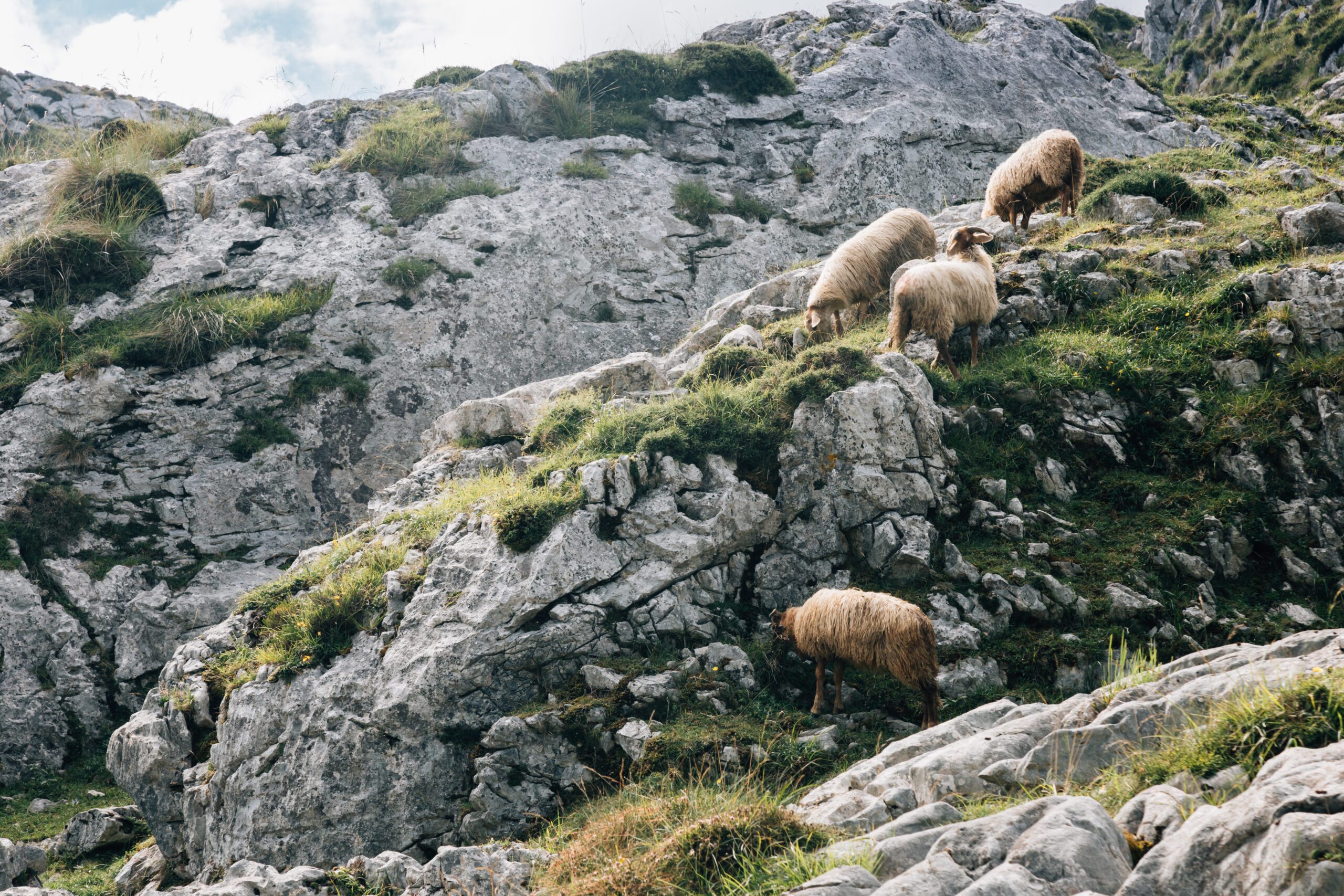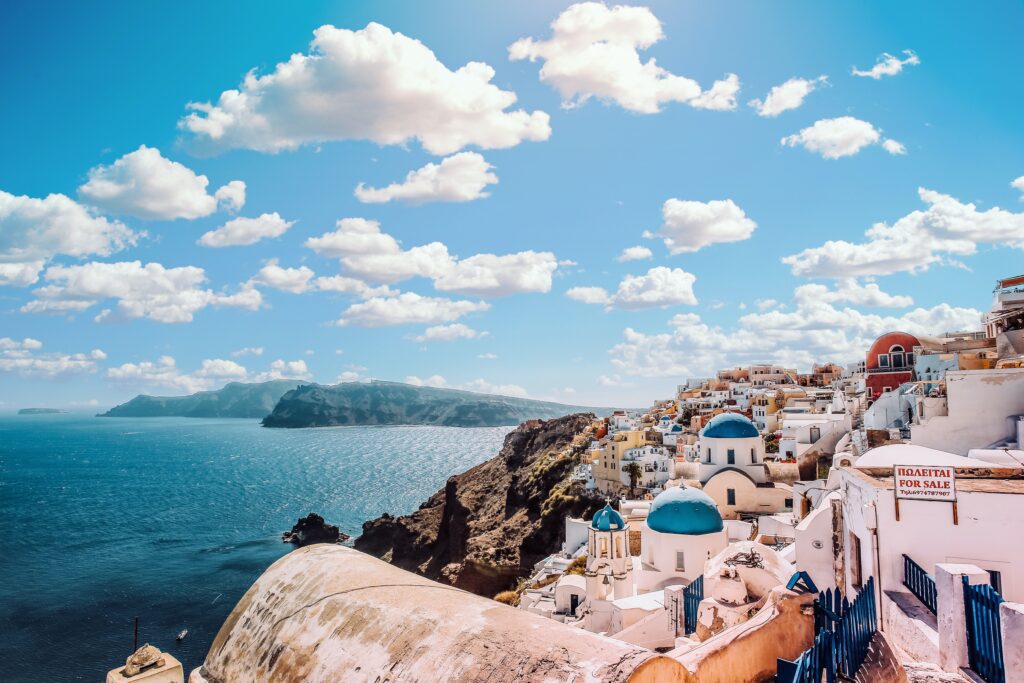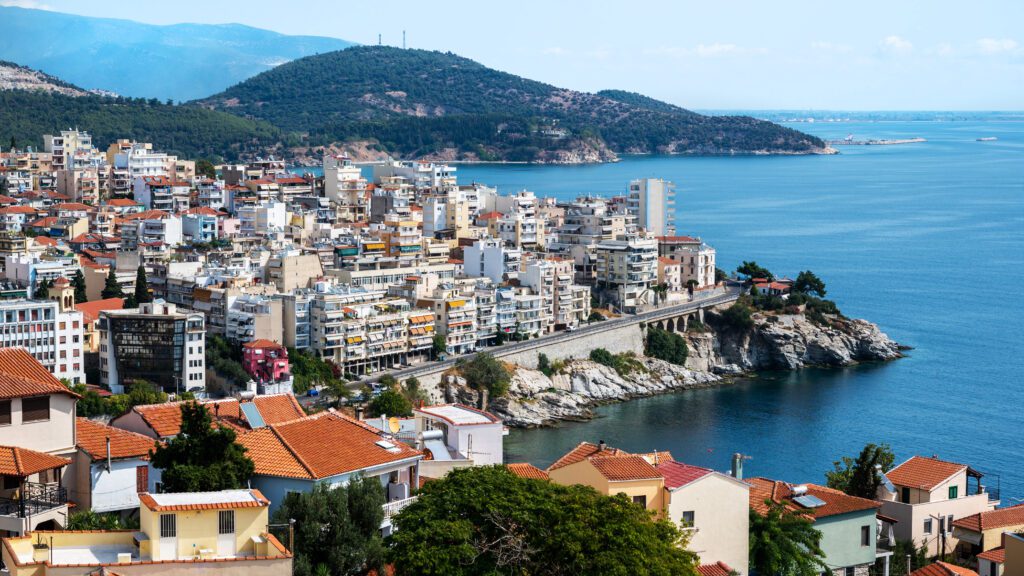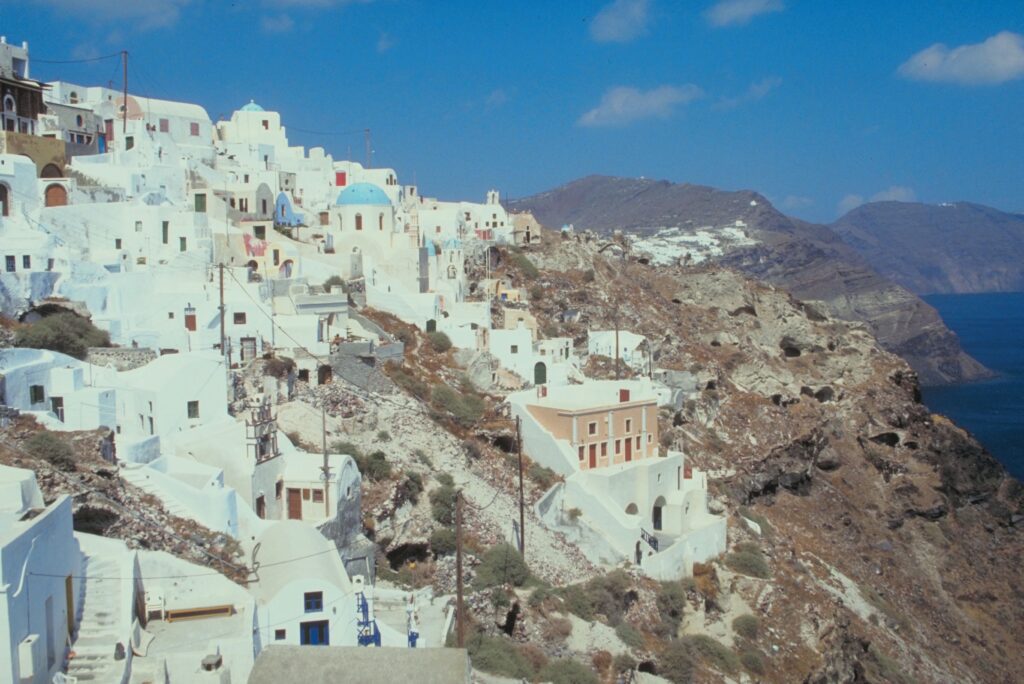Greece, known for its ancient history, stunning landscapes, and vibrant culture, is a treasure trove for history enthusiasts and beach enthusiasts. However, beneath its tan-splashed exterior is a world of spectacular species that frequently escapes the attention of travelers. Greece is home to a vast variety of plant and animal species, from rough mountains to blue oceans, making it a pleasure for those who enjoy the outdoors and animals. In this article, we take a virtual excursion into the wilds of Greece to explore its flora and wildlife and learn more about the beauty of its natural surroundings.


A Symphony of Habitats:
Greece’s varied landscape, which includes mountains, plains, forests, marshes, and coastal regions, provides a diverse range of habitats for different wildlife species. Brown bears, grey wolves, and Eurasian lynx are elusive animals that live in hilly areas like the Pindus Range. These magnificent carnivores prowl the thick forests, occasionally letting lucky viewers see them.
We come across a wide variety of birds as we go across the verdant plains and meadows, including the graceful hoopoe, vivid European bee-eater, and colorful European roller. Their lyrical songs reverberate across the countryside, adding to the picturesque scenery and forming a symphony of nature.
Wonders Beneath the Waves:
Greece is a diver’s paradise because of its amazing underwater biodiversity. The marine life in the Mediterranean Sea that surrounds the nation is abundant, ranging in size from tiny seahorses to enormous loggerhead sea turtles. Off the coast of Zakynthos is the well-known “Navagio Beach” or “Shipwreck Beach,” where clear seas encircle a rusting shipwreck, creating a special environment for a wide variety of fish species.
The annual migration of the majestic bluefin tuna is a wonderful spectacle that takes place in the waters of the Cycladic Islands. These strong fish cover a lot of ground, exhibiting one of nature’s most amazing trips.
Winged Wonders: Avian Diversity:
Birds use Greece as a stopover point on their migration routes between Europe, Africa, and Asia. Millions of birds migrate through the nation in the spring and autumn, creating an unparalleled avian show. Numerous migratory species, such as pelicans, herons, and storks, depend on the marshes of Prespa and Evros as important resting places. Ornithologists and birdwatchers swarm to these areas to see this spectacular aerial display.
The majestic European black vulture’s final haven is in the northern section of Dadia Forest. The wild character of Greece’s wilderness is embodied by this uncommon and endangered bird, which flies high above the treetops.
Flora: A Botanical Wonderland:
Greece not only has a captivating fauna, but it also has a stunning variety of plant life. The flora of the nation reflects its variety of ecosystems, with distinct plant species found in each area. The Pindus Mountains’ slopes are graced by the endemic coniferous Greek fir, while the renowned Cretan dittany flourishes in Crete’s rocky landscapes.
The hills and meadows explode with a colorful display of wildflowers in the spring. In a harmonic dance of life, anemones, poppies, and orchids decorate the landscape with vibrant colors while luring bees, butterflies, and other pollinators.
Conservation Efforts and Challenges:
Greece’s nature is undoubtedly breathtaking, but maintaining its distinctive biodiversity is difficult. For many species, habitat loss brought on by urbanization and agricultural growth poses a serious threat. Additionally, both terrestrial and marine ecosystems are impacted by pollution, overfishing, and climate change.
Fortunately, several conservation groups and committed individuals are making unremitting efforts to safeguard Greece’s biodiversity. National parks, like the Vikos-Aoos National Park in the Pindus Mountains and the Samaria Gorge National Park in Crete, serve as vital refuges for a variety of species. To protect the abundant aquatic life, marine protected areas are also being constructed.
Embracing Ecotourism:
We have the ability to have a positive impact as travelers. By adopting ecotourism principles, we can make sure that our visit will help to safeguard Greece’s natural resources and animals. We act as ambassadors for conservation by selecting reputable tour operators, encouraging neighborhood eco-friendly lodgings, and observing wildlife and natural areas.
Conclusion:
Greece’s extraordinary fauna and natural beauty invite us to leave the beaten path and explore its undiscovered gems. Every part of Greece has something interesting to offer those who are prepared to investigate, from the soaring vultures in the Dadia Forest to the captivating marine life off Zakynthos. Let us accept the need to protect these wonders for future generations while we immerse ourselves in nature’s symphony. We can guarantee that Greece’s wild heritage thrives and provides future generations with the same breath-taking experiences we appreciate today by promoting sustainable tourism and conservation activities.




